HP Laptops: 6 Business Solutions
Welcome to our comprehensive guide on HP laptops and their business applications. In today’s fast-paced environment, technology plays a critical role in enhancing productivity and streamlining operations. We are excited to share insights drawn from extensive research on the evolution, current trends, and future of HP’s innovative computing solutions.
Throughout this article, you will discover how HP has transformed personal and enterprise computing over the decades. From pioneering early desktop calculators to integrating modern artificial intelligence features, their journey offers valuable lessons for every tech enthusiast. Have you ever wondered how these innovations have paved the way for the devices you use every day?
📑 Table of Contents
- Introduction to hp laptops
- Evolution and History of hp laptops
- How business computers Enhance hp laptops
- Innovative portable workstations and hp laptops Applications
- Real-World Case Studies of hp laptops
- Professional notebooks in Modern hp laptops Solutions
- Future Trends: reliable computing and Beyond
- Insightful Perspectives on hp laptops
- FAQ
- Conclusion
Our discussion will also explore regional adoption strategies, real-world case studies, and the technological methods that make these products stand out. Read on to learn more about the engaging world of HP laptops while considering how these solutions might inspire your next technology decision.
Introduction to hp laptops
Overview of HP’s Early Innovations
HP’s journey began in 1939, defined by forward-thinking innovation and a strong commitment to quality. Their early work in electronic instruments established a firm foundation that led to a series of milestones in computing. Notably, in 1968, the company released the HP 9100A, marking one of the first programmable desktop calculators ever produced. This revolutionary product is often celebrated as the precursor to the modern personal computer. Every milestone along the way contributed to the expansive portfolio that HP has today.
HP’s commitment was further demonstrated with the introduction of the HP-85 in 1980, a compact personal computer praised for its integrated design and ease of use. Then, in 1984, they launched the HP-110 (HP Portable), a laptop that featured an Intel 8086 processor and MS-DOS. This early portable solution was aimed at business professionals who required mobility combined with dependable performance. Such innovations continue to influence modern design principles and usability features across the tech industry.
The story of these ground-breaking products serves as an enduring reminder of the importance of continuous innovation. How do you think early innovations shape the expectations for today’s computing devices? For more information on early advancements, check out this comprehensive timeline on evolution.
Also, explore related insights at New Gadgets.
Impact on Business and Enterprise Users
HP’s products have long catered to the evolving needs of enterprise users. The early models laid the foundation for devices that seamlessly integrated into business environments, combining dependability with portability. For instance, the HP-110 was designed to support business operations without compromising on the core functionalities required in professional settings. Its ability to process complex data in a mobile format was a game changer.
As businesses continued to expand globally, HP was quick to evolve its product lines to meet diverse market requirements. The introduction of models like the OmniBook and Pavilion in the 1990s further underscored HP’s commitment to creating devices that could be used both in consumer and enterprise markets. The simultaneous push for portability and sophisticated features made HP a favorite among professionals aiming to stay ahead in the competitive corporate world.
How do you believe early portable computing has influenced the modern workplace? To learn more about HP’s timelines and milestones, visit official HP history.
Evolution and History of hp laptops
Milestones in Technological Advancements
Over the decades, HP has evolved its product design and functionality continuously. A key milestone in this evolution was the release of the HP-85 in 1980, introducing integrated computing to many home and business users. By the time the HP-110 was on the market, portable computing was meeting the early demands of mobile professionals. These developments were driven by the consistent desire to blend functionality with convenience, generating increased interest in portable work formats and expanding performance capabilities.
During the 1990s, HP expanded its product offerings with the OmniBook series, which integrated features such as built-in mouse functionality—a major innovation at the time. The Pavilion series then followed to capture the mainstream market with affordable yet robust performance. In the 2000s, after acquiring Compaq in 2002, HP consolidated its business-friendly product lines like the EliteBook and ProBook ranges, which focused on durability and enterprise security. Data from Statista indicates that as of Q1 2024, HP holds roughly 22% of the global market share.
What do you think drives a company to continuously reinvent its product line? If you are curious about detailed historical comparisons, consider reading a detailed study on HP’s technological evolution.
Integration of Modern Technologies
Modern HP laptops have set a benchmark for integrating advanced technologies. Today’s devices are equipped with the latest Intel Core Ultra and AMD Ryzen Pro processors, striking a balance between high-performance computing and energy efficiency. The integration of artificial intelligence features enhances not only performance but also user experience. Innovations such as AI-driven battery management and noise cancellation eliminate many common issues associated with mobile computing.
Security has also been significantly boosted with features like multi-factor authentication, TPM chips, self-healing BIOS (HP Sure Start), and privacy screens (HP Sure View). These built-in protections provide enterprise-grade security that is essential for safeguarding sensitive data. HP’s continuous improvements ensure that their laptops are not only cutting-edge in terms of performance but also adept at countering emerging security threats.
Are you ready to embrace a future where AI plays a bigger role in your daily work? Additionally, you might want to check out insights on the industry at Mobile Technology.
How business computers Enhance hp laptops
Optimizing Performance for Enterprise Solutions
HP laptops have been fine-tuned for use in rigorous business environments. In this domain, upgrading computing performance is crucial, and HP’s product lines continuously set industry benchmarks. Enterprise users enjoy high-speed processing, enhanced security features, and robust multitasking capabilities that stem from utilizing the latest Intel and AMD processors. These enhancements are driven by the need to support demanding applications often found in large-scale business operations.
The integration of AI for predictive maintenance and personal data security further enhances the device utility. For example, some HP models integrate intelligent battery management systems, which optimize power consumption based on the user’s habits and workload. This integrated approach not only extends device longevity but also minimizes downtime—a critical factor for businesses.
How do you see intelligent computing transforming business operations in your workplace? To understand more about the evolution of business solutions, read a feature on HP’s comprehensive timeline.
Enhanced Security and Remote Management
In today’s digital landscape, security and remote management are pillars of any successful enterprise solution. HP laptops come equipped with multi-factor authentication, self-healing BIOS, and privacy screens to protect sensitive information. These mechanisms are designed to prevent unauthorized access and ensure that even if the system is compromised, it will auto-correct to maintain integrity. Such robust features are integrated seamlessly into systems used by business professionals worldwide.
The HP Wolf Security framework, coupled with the Manageability Integration Kit, provides IT departments with powerful tools to remotely manage devices. This not only improves operational efficiency but also ensures minimal downtime during maintenance or security breaches. Integrating such capabilities fosters a secure computing environment and enhances the overall performance of corporate mobile technologies.
Do you feel confident in your organization’s current security measures? For more insights, visit Technology Reviews.
Innovative portable workstations and hp laptops Applications
Design and Durability in Modern Devices
HP continues to push the envelope in designing laptops that blend aesthetics with strength. Their modern devices are built to withstand harsh environments, with many models undergoing rigorous MIL-STD 810G/H tests for shock, vibration, and extreme temperature resistance. Such durability makes them ideal for use in diverse industries, from manufacturing to on-field enterprise operations.
Portability remains at the core of these innovations. HP has invested in integrating lightweight components and energy-efficient technologies that do not compromise performance. This makes it easier for business professionals on the go to rely on these devices. The use of advanced materials like recycled aluminum and ocean-bound plastics further demonstrates HP’s commitment to sustainability while maintaining sleek, modern designs.
What aspects of durability are most important to you when choosing a mobile device? You can learn more about these technologies in a New Technology Products review.
Remote Management and AI Integration
Modern devices benefit significantly from remote management capabilities and AI integration, truly redefining mobile enterprise solutions. HP laptops incorporate technologies that enable seamless remote diagnostics and software updates through platforms like HP Wolf Security. This allows IT managers to monitor and control devices from different locations, reducing the need for physical intervention and lowering maintenance costs over time.
Artificial intelligence has also been integrated into these systems to predict maintenance needs, optimize battery usage, and even mediate security protocols. These insights are based on usage patterns and data analytics, offering a proactive approach to troubleshooting. As a result, enterprise users experience fewer disruptions, ensuring a smoother workflow. This combination of AI and remote management truly exemplifies a forward-thinking approach to technology.
How might remote management features shape your daily work experience? For additional context, consider exploring expert opinions at Mobile & Gadgets.
Real-World Case Studies of hp laptops
Corporate Adoption and Increased Productivity
Several well-known enterprises have adopted HP laptops to streamline their operations. For instance, a prominent global consulting firm in Europe standardized on the EliteBook series for over 10,000 employees. This switch was driven by the need for enhanced security and minimal downtime, resulting in a recorded reduction of downtime by 30%. Such a substantial improvement in productivity highlights the real-world benefits of these devices. The move not only provided advanced computing capabilities but also improved overall enterprise security compliance.
Another instance comes from a Japanese manufacturing company, which integrated HP’s mobile workstations into their design workflows. The adoption of HP ZBook devices specifically tailored for CAD and 3D modeling allowed the company to report a 25% increase in design productivity. These systems have proven to be both resilient and efficient, proving that their rigorous testing standards translate directly into performance gains in industrial scenarios.
Have you experienced an environment where technology significantly boosted productivity? Read more about similar success stories in a detailed case study by HP.
Comparison of Case Studies and Outcomes
Comprehensive Comparison of Case Studies
| Example | Focus Area | Outcome | Region |
|---|---|---|---|
| Consulting Firm | Enterprise Security | 30% reduction in downtime | Europe |
| Manufacturing Company | Design Productivity | 25% increase in productivity | Japan |
| Government Agency | Remote Work | High IT management efficiency | Australia |
| Tech Startup | Innovation Integration | Faster deployment of features | North America |
| Educational Institution | Device Durability | Enhanced learning experiences | Europe |
This table presents a detailed view of how different organizations have benefited from HP’s adoption. From increased productivity to enhanced security, the outcomes confirm that investing in robust, innovative technology pays off. What improvements in your organization could result from a similar technological upgrade? Also, check out additional case studies available at HP Laptop Evolution Insights.
Professional notebooks in Modern hp laptops Solutions
Modern Device Features and User Experience
HP’s modern devices incorporate a blend of performance, security, and design that sets them apart in the market. Their professional series deliver an exceptional user experience through state-of-the-art displays, ergonomically designed keyboards, and durable chassis built to withstand everyday use. Comprehensive testing under MIL-STD protocols ensures that these devices perform reliably even in challenging conditions. For professionals, these features translate into a seamless transition from the office to on-field applications, ensuring that productivity remains uninterrupted.
The inclusion of self-healing BIOS, coupled with smart security protocols, offers an unmatched degree of safety. This robust set of features is ideally suited for professional environments where data security and system integrity are non-negotiable. Additionally, the integration of energy-efficient designs helps maintain consistent performance, even during prolonged use. Can you imagine the difference a highly functional device can make during a critical business meeting?
For more product insights, you might be interested in reading reviews at Smartphones although this category also features in-depth coverage of other advanced gadgets.
Integration of Cutting-Edge Technologies
As technology continues to evolve, HP integrates cutting-edge advancements without compromising on the design philosophy that defines its professional device solutions. Enhanced AI integration, superior processor speed, and advanced thermal management technologies enable these systems to deliver consistent performance even under heavy loads. In particular, technologies focused on battery optimization, such as predictive power management and intelligent sleep modes, ensure that devices remain powered and ready when needed. This next-generation performance is critical in fast-paced business environments where every second counts.
Furthermore, HP’s strategic focus on remote management tools enhances system administration for enterprises. These tools offer real-time diagnostics and proactive maintenance, minimizing downtime and reducing operational disruptions. Increased efficiency in IT management has been a notable benefit among professional users and has validated the integration of such technologies in modern device families. What new features would you prioritize in your next device upgrade?
This forward-looking approach is exactly what businesses expect today as they balance innovation with practicality.
Future Trends: reliable computing and Beyond
Predicted Advancements in AI and Sustainability
Looking to the future, experts predict that HP will intensify its efforts to integrate artificial intelligence into its computing platforms. AI-driven diagnostics and predictive maintenance are set to revolutionize how devices are managed. Expect more advanced battery management features, as well as user personalization capabilities that adapt to individual work habits. These enhancements are expected to streamline workflows and reduce operational burdens on IT teams.
Additionally, sustainability is becoming an essential criterion for future designs. HP’s ongoing efforts to use recycled materials, such as ocean-bound plastics and recycled aluminum, indicate a strong commitment to reducing environmental impact. As global demand for eco-friendly devices rises, manufacturers are increasingly expected to meet environmental standards without sacrificing performance. How do you envision the role of AI shaping the devices you use daily?
For more on sustainable technology, you could explore articles on environmental impact in technology on educational platforms such as Scholar Google.
Adapting to Hybrid Work and Global Markets
As remote and hybrid work models become the new norm, the technological requirements of businesses will continue to evolve. HP is well positioned to address these changes with enhanced video conferencing capabilities, extended battery life, and improved connectivity solutions. Market analysts project that these adaptations will drive an even greater adoption of advanced mobile devices in corporate environments.
In addition to technology, regional customization will likely become a focus. For instance, markets in Asia such as Japan and South Korea demand compact, lightweight devices that integrate with local enterprise software ecosystems, while American and European markets require robust security features. How might these regional factors influence your next device purchase?
The convergence of hybrid work trends and regional customization will undoubtedly play a significant role in shaping future device innovations.
Insightful Perspectives on hp laptops
This section offers a reflective outlook on the advancements and shifts in the technological landscape. It delves into various elements that challenge conventional design principles, emphasizing energy efficiency, device longevity, and the importance of a sleek profile that meets modern performance standards. The narrative reflects on how data-driven insights are reshaping product development, while ensuring that core values such as user satisfaction and forward-thinking design remain untouched.
Innovative research has paved the way for devices that excel in everyday demands, combining practicality with cutting-edge performance. Users experience a smooth transition from high-intensity workloads to relaxed usage, thanks to meticulous engineering and thoughtful design cues. The focus has been on enhancing everyday use without compromising the integrity of design aesthetics. Many industry professionals find that adapting to these changes opens new avenues for creative problem solving and efficient workflow management.
This reflection not only emphasizes the importance of reliability but also underscores the need for designs that are sustainable and user-friendly. The insights provided are a testament to continuous improvement in technology. With a blend of intuitive performance metrics and forward-thinking enhancements, the journey remains as dynamic as ever. This forward momentum continues to inspire improvements and challenges established norms, inviting users to reimagine what is possible.
In reflecting on these observations, one realizes that the blend of innovation and practicality sets the stage for a future where technology is both empowering and accessible. The evolution is an inspiring story of growth that continues to build on foundational achievements.
FAQ
What defines the evolution of HP laptops?
HP laptops evolved from early programmable devices to modern systems that integrate AI, robust security, and energy-efficient design. The evolution is marked by continuous innovation, mergers, and adaptations to emerging technology trends.
How does HP ensure security in its devices?
HP implements features such as multi-factor authentication, self-healing BIOS, and privacy screens to protect against unauthorized access. Their remote management tools help maintain system security and ensure continuous monitoring.
What role does AI play in modern HP computing devices?
AI in modern devices provides predictive maintenance, battery management, and personalized user experiences. These capabilities optimize performance and significantly reduce operational disruptions.
How are sustainability practices integrated into device design?
HP uses recycled materials like ocean-bound plastics and recycled aluminum in device construction. Their certifications and certifications such as EPEAT Gold further underline their commitment to eco-friendly manufacturing processes.
What future trends can we expect from HP?
Future trends include greater integration of AI-driven features, tailored solutions for hybrid work environments, and further sustainability efforts with advanced materials and efficient energy usage.
Conclusion
In summary, HP laptops have grown into versatile business solutions that combine performance, security, and sustainability in one sleek package. Their evolution, driven by continuous innovation and adaptability, exemplifies the future of mobile computing in the enterprise world. Whether through enhanced remote management, state-of-the-art security, or sustainable material usage, these devices prove indispensable for today’s fast-paced work environment.
We invite you to reflect on how these advancements can influence your organization. Have you experienced similar improvements with your technology? Share your thoughts and questions in the comments below, and if you’re seeking more detailed insight or personalized advice, please do not hesitate to Contact.
For more information on innovative technologies and trends, visit our detailed evolution timeline and other reputable sources referenced throughout this article.

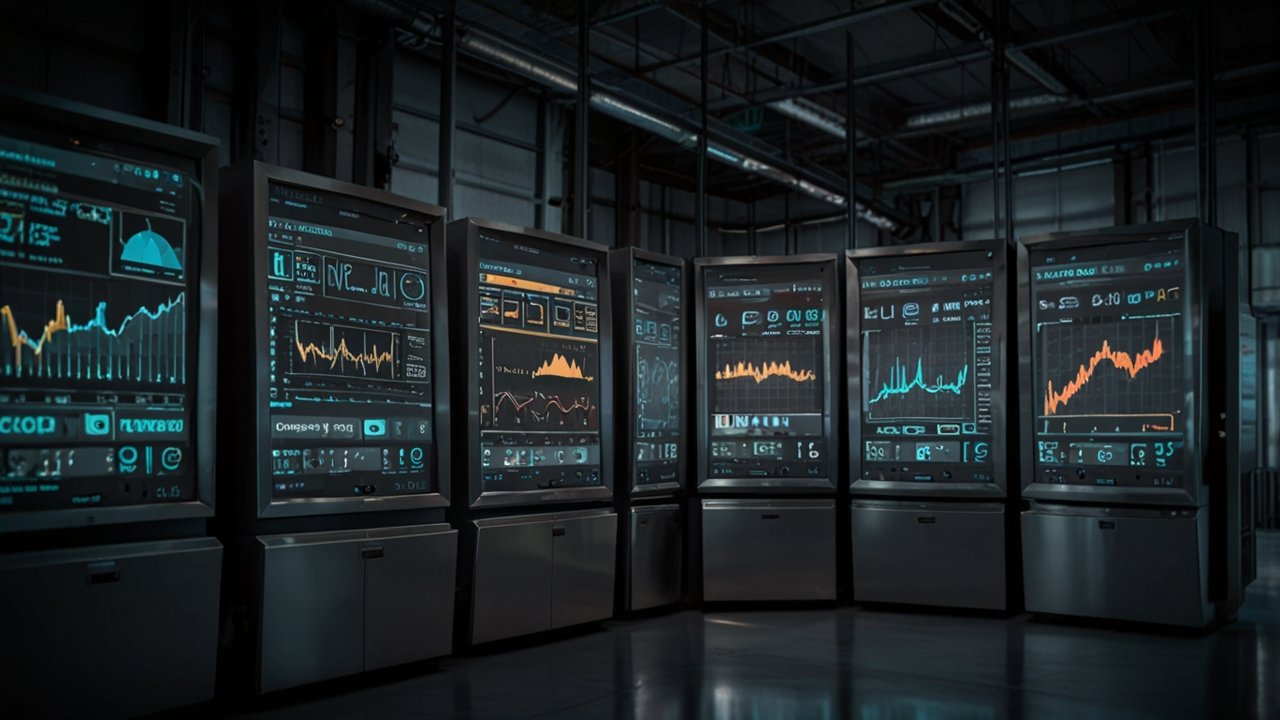
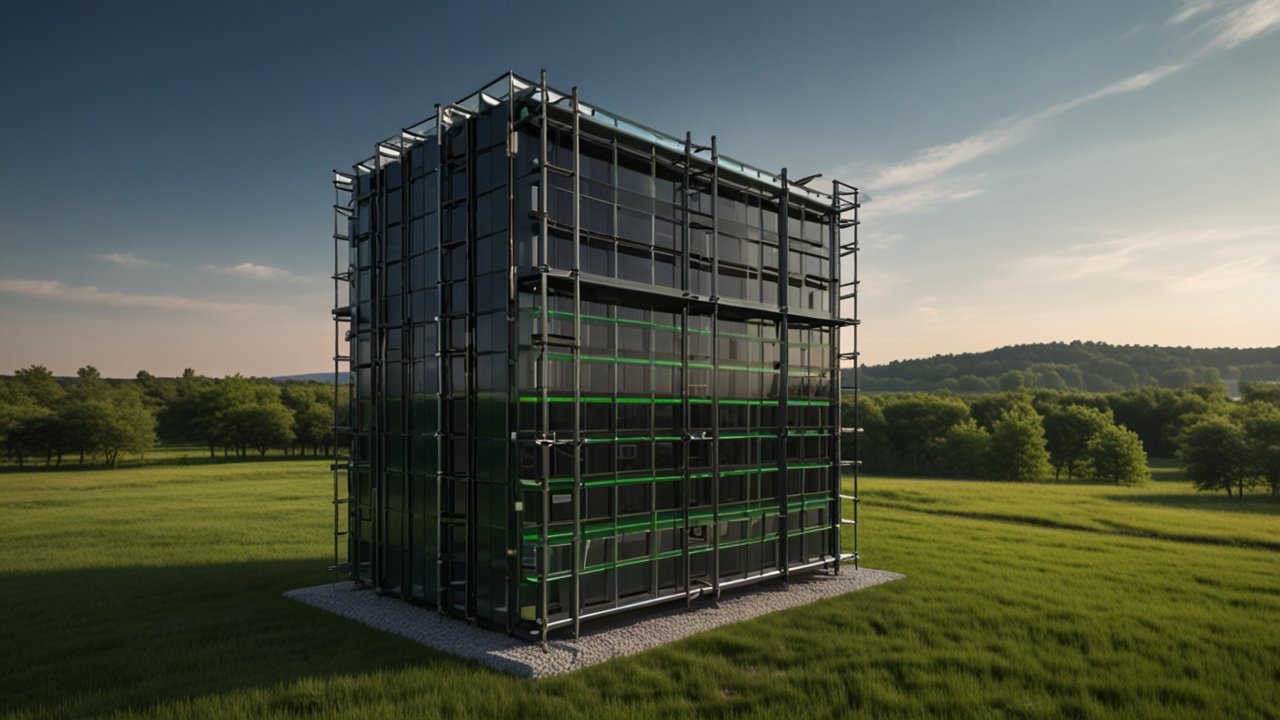

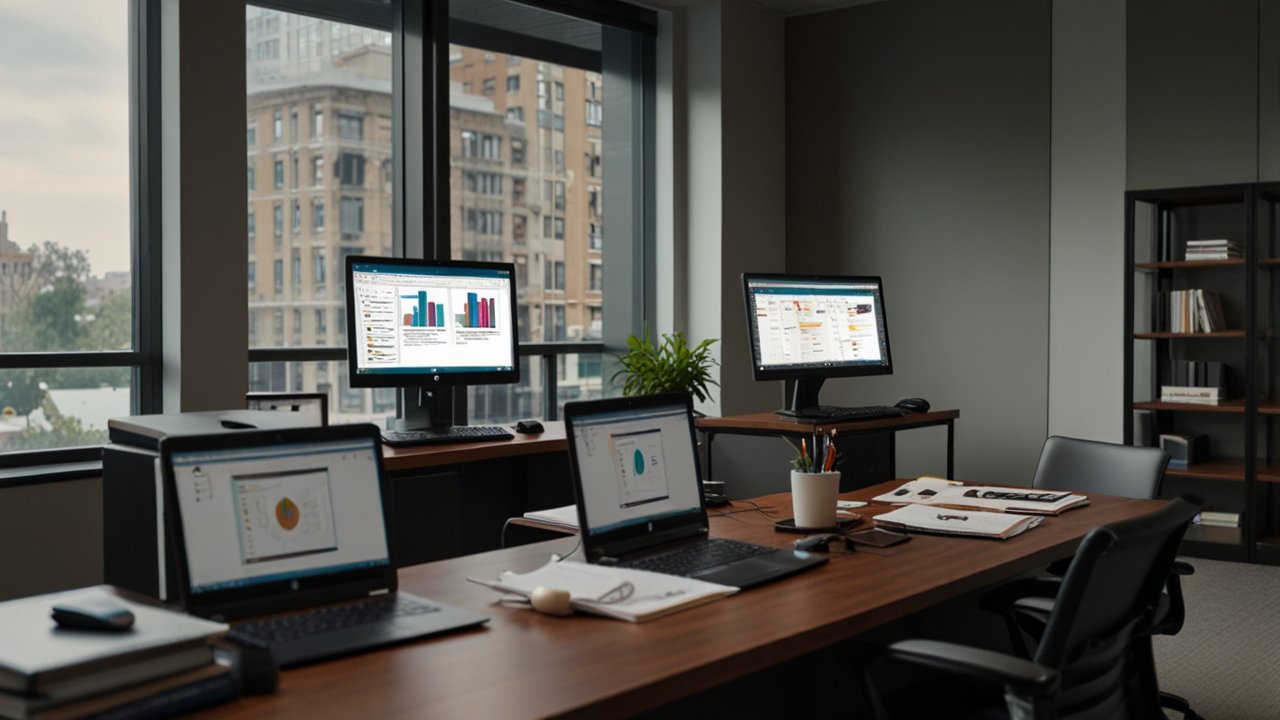









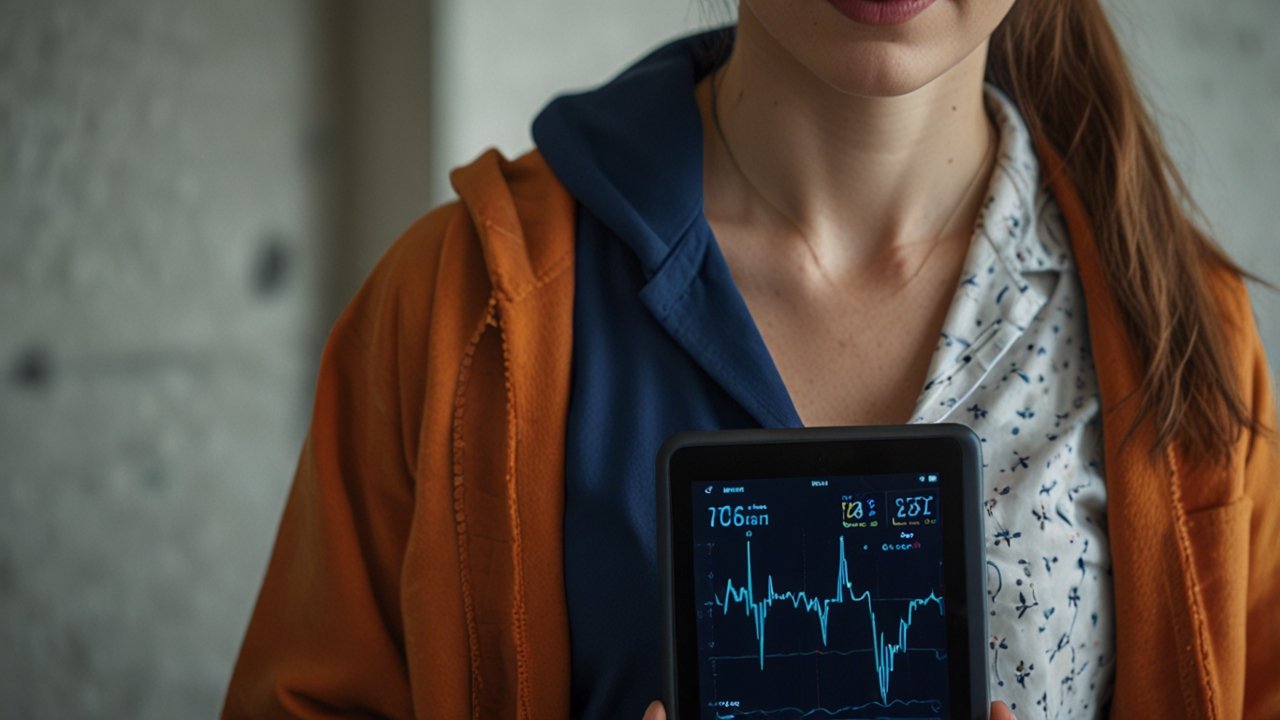
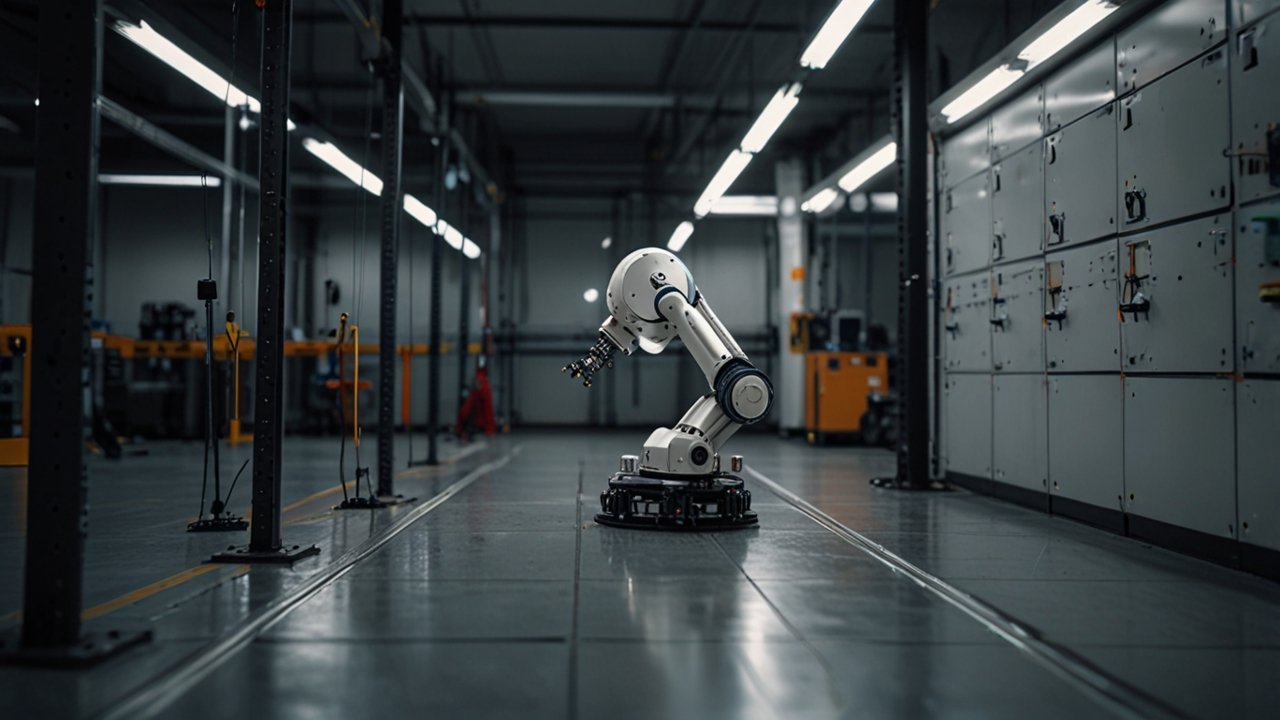
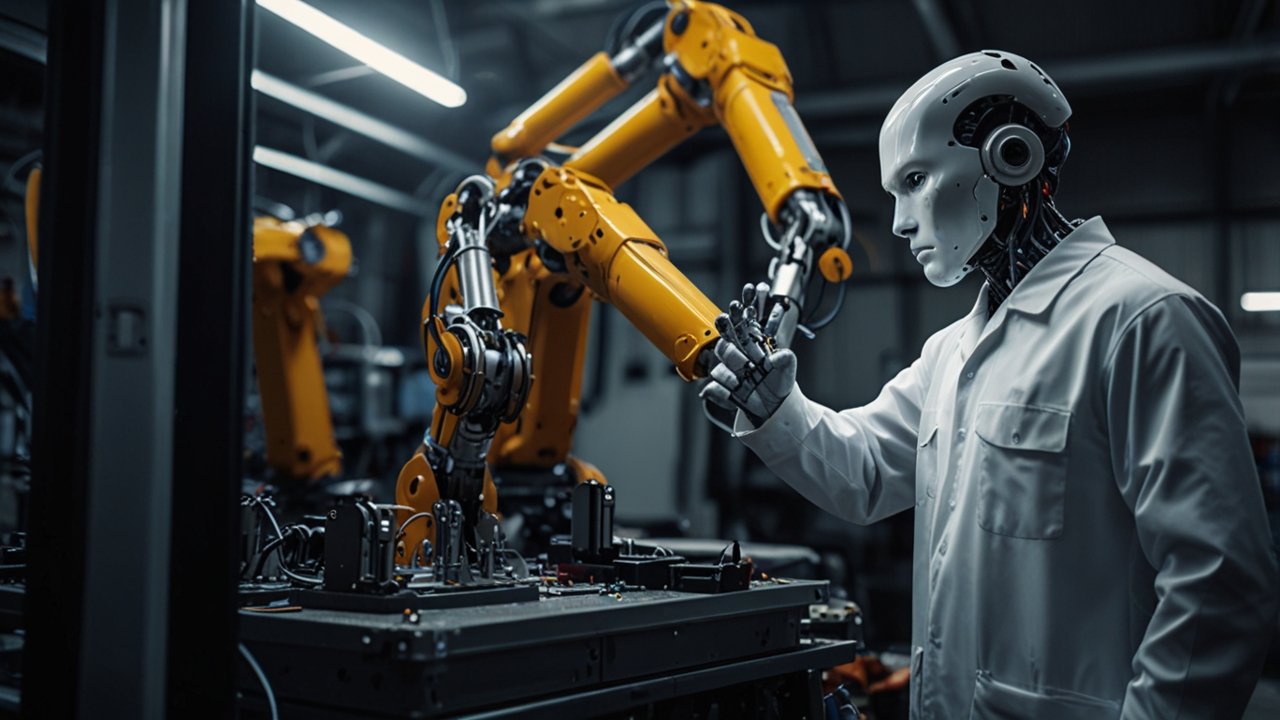


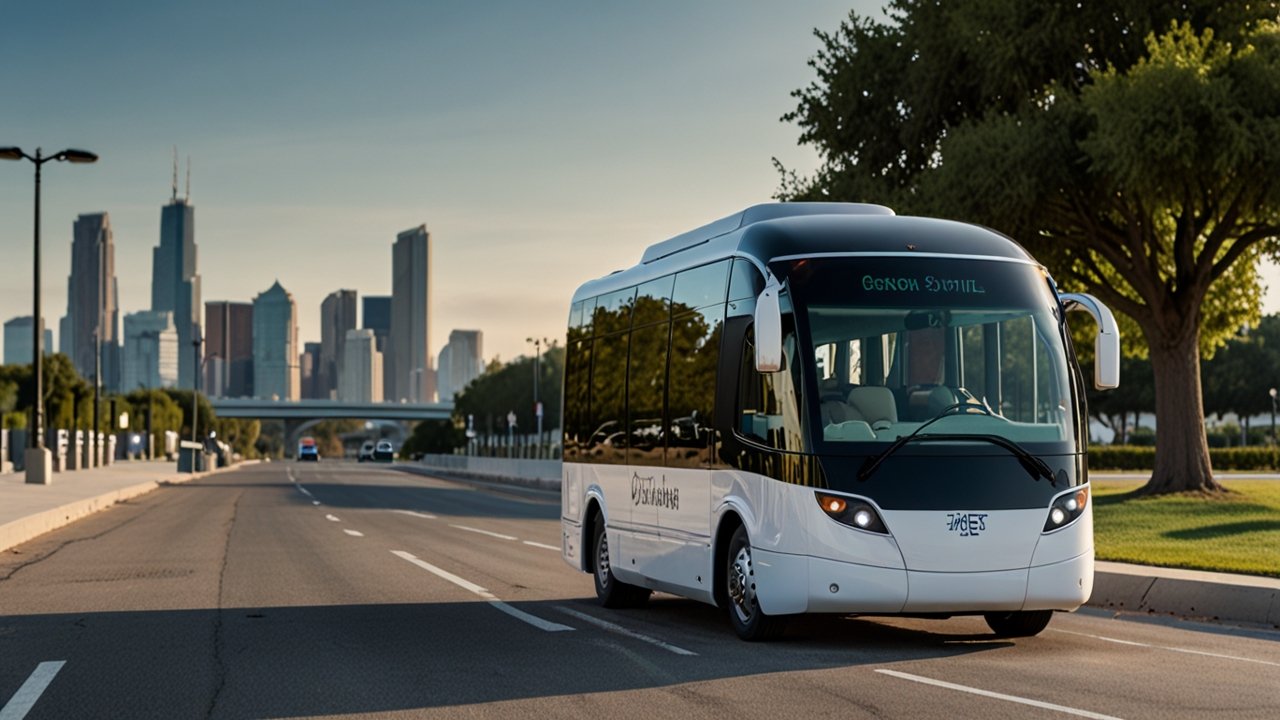
Leave a Reply